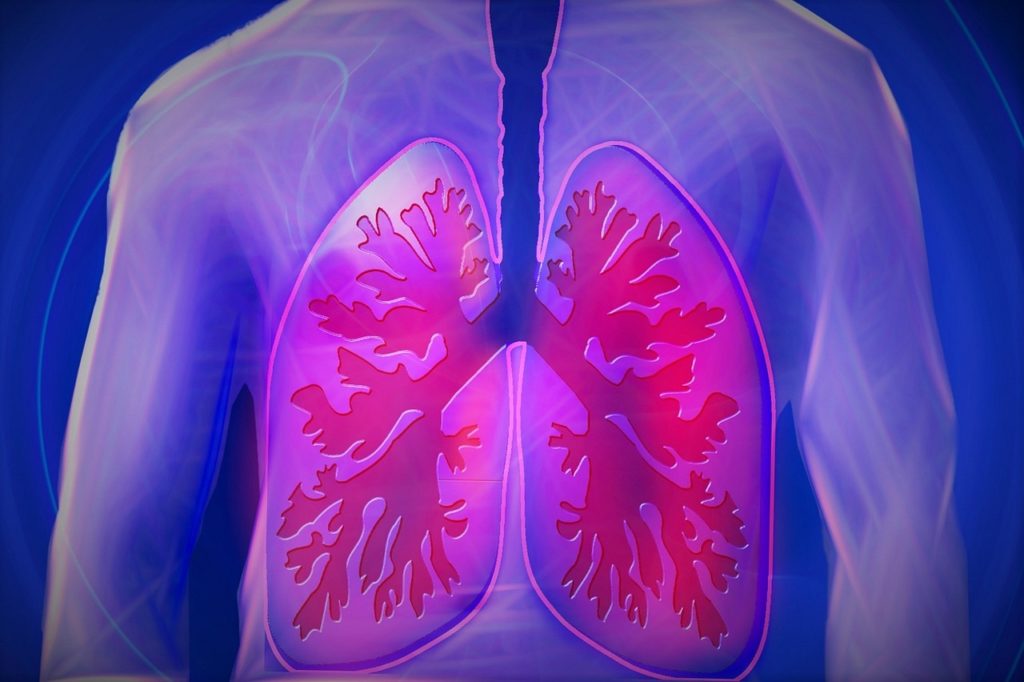A team of researchers from the university of Liege has made a discovery that could offer an insight into why some patients suffer severe complications from a Covid-19 infection while others do not.
The question revolves around neutrophils, white blood cells which are the body’s first line of defence against infection. Whenever a foreign cell, from a bacterium or a virus, invades the body, neutrophils rush to the site to overwhelm the invader.
As part of their armoury, the neutrophils release DNA traps to catch the foreigner, known appropriately as NETs (Neutrophil Extracellular Traps), into the airways, lungs and blood vessels.
However neutrophils can over-react, at which point they turn from being a defence mechanism to presenting a new danger to the organism. That is what happens in auto-immune diseases like Type 1 diabetes or psoriasis, and inflammatory conditions such as HIV.
The Liege team, led by Professor Thomas Marichal, head of the immuno-physiology laboratory at the university’s GIGA Institute, found that the presence of NETs in some compartments of the lungs was a feature of those patients who developed severe complications of a Covid-19 infection.
The study looked at post-mortem samples taken from the lungs of four patients who had died from Covid-19, three men and one woman, aged between 51 and 73 years. The four patients had been in hospital for between eight and 32 days, and had been on a ventilator, from day one in three cases, and from day three in the other case.
NETs were detected in all four samples. In patients who died of another cause, however, there was no trace of NETs, the study found.
“We are the first team in the world to identify the presence of NETs in several compartments of the lungs of patients with Covid-19,” said Coraline Radermecker, lead author of the study.
“Clinical trials aimed at degrading these NETs in the hope of improving the condition of patients with advanced disease are being conducted by other teams around the world,” Prof. Marichal added.
“Our study validates these therapeutic approaches by demonstrating that NETs are associated with the severe complications of Covid 19. We will now continue our research on the effects of Covid 19 on other organs, including the heart, another organ frequently affected in this disease, and further refine our knowledge of the mechanisms that lead to severe forms of the disease.”
The Liege study is published in the latest edition of the Journal of Experimental Medicine.
Alan Hope
The Brussels Times

